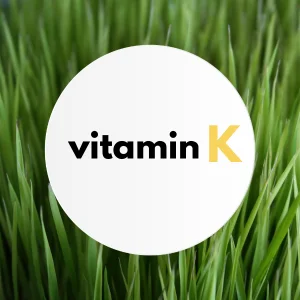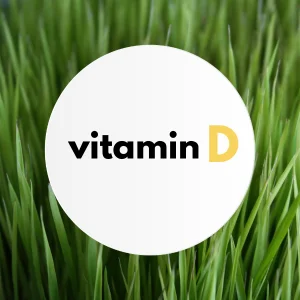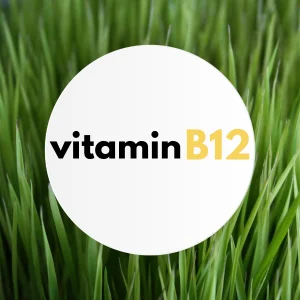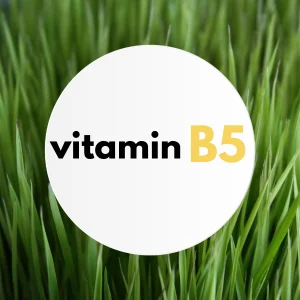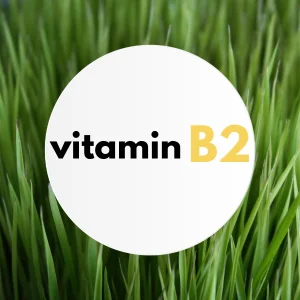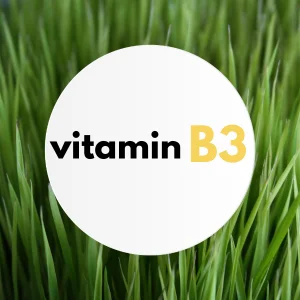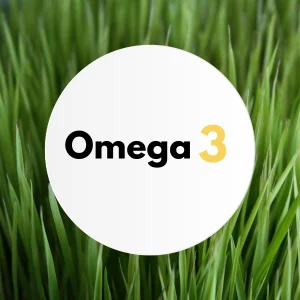Important to Know
Vitamin E
It is not merely a single molecule, but a complex of related molecules that constitute vitamin E: a group of eight fat-soluble compound...
Vitamin K
It is not just about a single molecule, but about seven related molecules that constitute vitamin K: these include two natural provitam...
Vitamin C
Vitamin C or ascorbic acid, is a colorless crystalline compound with an acidic taste, soluble in water, destroyed by cooking, oxidation...
Vitamin D
This is not just about a single individual molecule, but about a group of related molecules that make up vitamin D: it is a group of fa...
Vitamin B12
Vitamin B12 or cyanocobalamin or simply cobalamin, is a complex chemical compound of red color, soluble in water and sensitive to air a...
Vitamin B7
Vitamin B7, also known as Biotin, is a crystalline compound that is poorly soluble in water and resistant to many chemical reactions.
B...
Vitamin B9
Folic acid or vitamin B9 is one of the B complex vitamins and is a water-soluble vitamin. Folic acid is important for DNA synthesis and...
Vitamin B6
Vitamin B6, also known as pyridoxine or adermin, is a crystalline compound soluble in water and alcohols, resistant to physical and che...
Vitamin B5
Vitamin B5, or pantothenic acid, is a light yellow, viscous, water-soluble oil.
It is widely distributed in nature, found in both plant...
Vitamin B2
Vitamin B2, also known as lactoflavin, riboflavin, or ovoflavin, is a crystalline compound with a yellow-orange color, soluble in water...
Vitamin B3
Vitamin B3, also known as niacin, nicotinic acid, or niacinamide, is essential for metabolizing sugars, fats, and proteins, as well as ...
What are Omega-3 Fatty Acids and why are They Important?
What are Omega-3 Fatty Acids?
Essential fatty acids are molecules that cannot be synthesized in the human body but are vital for normal...



